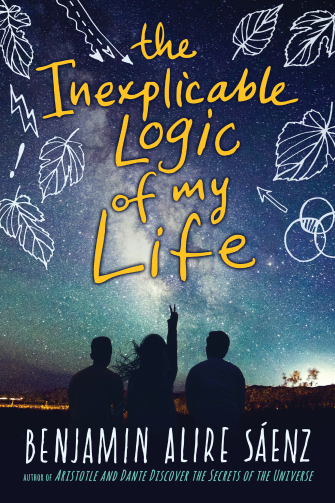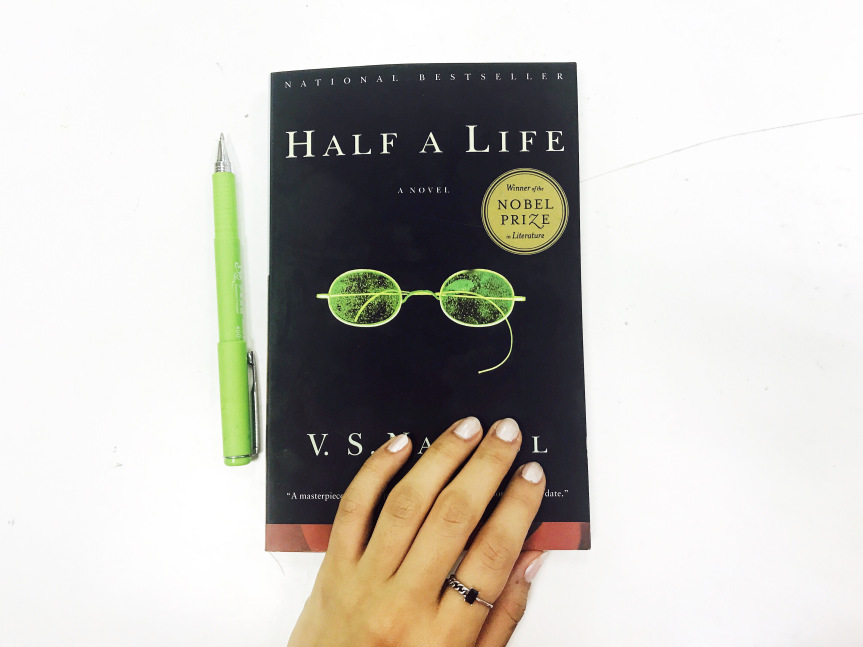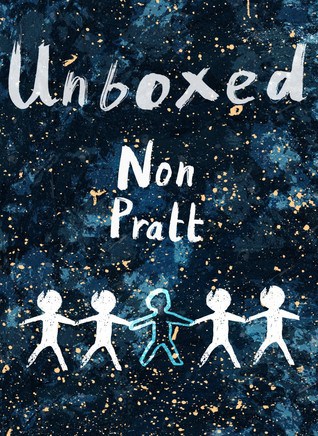“I remember the story Tao told me about the water buffalo and why it wore blinders. He said the animal’s suffering in this life was punishment for things it had done in a past life. Now I think of a different reason. To make an ox or water buffalo work so hard, it needs to be blinded and uninformed. That’s what the government is doing to the masses now. Why? Because peasants are China’s true beasts of burden. Still, no one blames Chairman Mao.”
Dreams of Joy by Lisa See is a powerful book, to say the least. The detailed storytelling of life during the 1st decade of Mao’s reign and communism is heart-shatteringly real and grotesque. This novel explores the brutal reality of the era with courage and intimacy via deeply complex characters and unbelievably captivating prose.
** Dreams of Joy is the sequel novel to Shanghai Girls. I highly recommend reading that novel first as there are lots of spoilers and a myriad number of references to events and occurrences from Shanghai Girls that pop up throughout this book. **
The book follows Joy, Pearl’s daughter, as she returns to China in a fit of rage upon a mind-blowing revelation in the previous book’s finale. Very naïve about politics and the happenings of the world post World War II, Joy is very gung-ho about going to China and joining the masses in establishing New China under Mao’s Communist regime. Completely closed-minded to the reality of what Communism does to the people of China, especially the poor and peasantry, Joy comprehends later on in very painful ways the harsh truth of the country’s inherent state of brutality. Meanwhile, Pearl is despondently concerned for her American, guilelessly idealistic daughter, and in an effort to save Joy from making gravely irreconcilable mistakes, she follows her to China and begins a rescue mission that will span three years.
There are so many components in Dreams of Joy that come together to create a story that’s deeply and profoundly tragic and eye-opening, yet beautifully enriching in regards to growing up. But there are three distinct elements that had the most thought-provoking effects on me as a reader, and as a human being.
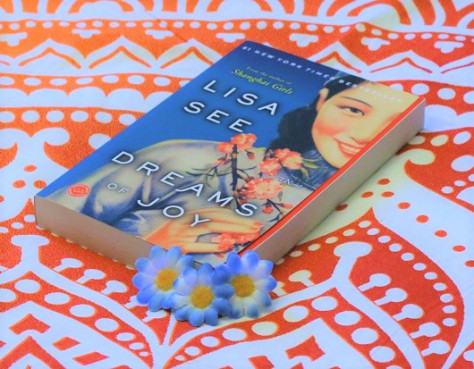
Firstly, the complexity of the characters is absolutely incredible. We learn about Pearl and the journey she embarked on from China to the United States in Shanghai Girls . Her fortitude began during her experiences as a young girl, yet she’s always had the ghosts of her past lingering over her in crippling ways. Upon returning to China, she’s forced to confront these ghosts and the result is something that will sweep you off your feet with a strong emotional smack to the face. It’s not a bad thing at all. You just get so invested in Pearl’s journey, most particularly due to Joy’s frustrating immaturity, that when things start happening for her, you are overwhelmed with feelings. Joy is a 19-year-old girl who’s always lived in comfort. When she arrives in China, she’s so wholly innocent and blind to the plight of the people around her. Then she makes a decision that will put her on the other side of the fence, we watch as one excruciatingly tragic lesson after another forces young Joy to grow up so quickly.
“As she spoke, I wanted to cry, because sometimes it’s just so damn hard to be a mother. We have to wait and wait and wait for our children to open their hearts to us. And if that doesn’t work, we have to bide our time and look for the moment of weakness when we can sneak back into their lives and they will see us and remember us for the people who love them unconditionally.”
The characters are what makes Dreams of Joy entrancing. You empathise and you sympathise and you get fucking frustrated and terrified. There were points during the last 150 pages of the novel where I forgot that I was reading. I became so devoted to what was occurring that for about an hour and a half I felt that I was living the lives of these two women. The one feeling that was evoked from Dreams of Joy that I’ll never forget about is how it made me feel about my mother. I, too, was a naïve and close-minded girl who thought I knew more than my mother, and it almost cost me my relationship with her. When I cried at the pain Pearl felt, I cried because I knew this is how I made my own mother feel a long time ago. My heart just fucking died.
Secondly, the prose is incredible. Lisa See is an absolute master at writing stories with layers upon layers of meaning, intricately laced wisdom, and the enthralling beauty of China’s culture. An immense amount of details go into describing locales and atmospheres. I could smell what the characters were smelling, see what they were seeing. Her ability to evoke feelings and strong emotions also stems from these vast details, which incorporate bodily reactions. For example, when someone is frightened, See will illustrate the sweat, the racing heartbeat, the small ball of nausea—all of these facets helped to bring me into the book and get fully absorbed. The storytelling, while quite elaborate, does unfold at a severely paced level, which makes the novel feel heavy and dense, particularly to readers who are completely new to Chinese history and cultural practices. Personally, I like certain types of books to be dense (such as historical fiction), because it just helps me to focus on the content that much more. While I found this to be a beneficial feature of her writing capability and the novel itself, I can understand if others won’t feel the same.
Lastly, the unhindered insight into life of living in a Communist country is shocking. In 1957, things still seemed like it was going uphill. Many people in China were excited about the new changes, and the seemingly equal lives that men and women would finally share. In large cities, people caught on a lot quicker to the bullshit of Communism, especially as corruption began to steep deeper and deeper, but this was not the case in small villages. Tons of little villages were extremely poor, so the marketed rewards of the new government were ideals to help villages thrive. But slowly, as the corruption became thicker and thicker, the dynamics of everything began to change. Rural villages felt the utter worst end of these changes. What happened in those villages—the dictatorship by village leaders, the forced starvation and inconceivable demands of labour, the treatment of the children—all of this is depicted with vast details and sentiments.
I’ve read quite a lot of books about China and the seeds of Communism, but I’ve rarely encountered a title that doesn’t shy away from exposing the harsh truths of what really happened during that initial decade of Mao’s New China. See incorporates these veracities with her story about Joy and Pearl with such passionate familiarity. Building rapport with them allows us to fully comprehend the cruel nature of the time, and probably what may still occur in some remote villages.
The Shanghai Girls Duology, especially Dreams of Joy , are such amazing books that educate and inform on very important events in history. It does this with impressively flawed characters who are real and human; compelling stories about family, friendships, and love; and writing that is elegantly sophisticated and meticulous. I highly recommend this to anyone interested in reading historical fiction, specifically in regards to China, and also to people who genuinely enjoy great books that aren’t always syrupy sweet and happy-go-lucky.
4.75 paintings outta 5!
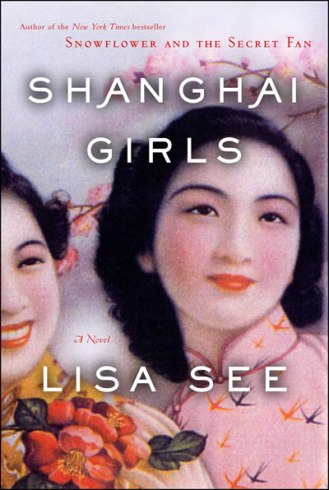
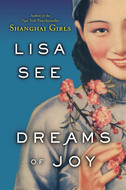 Share this:
Share this:

